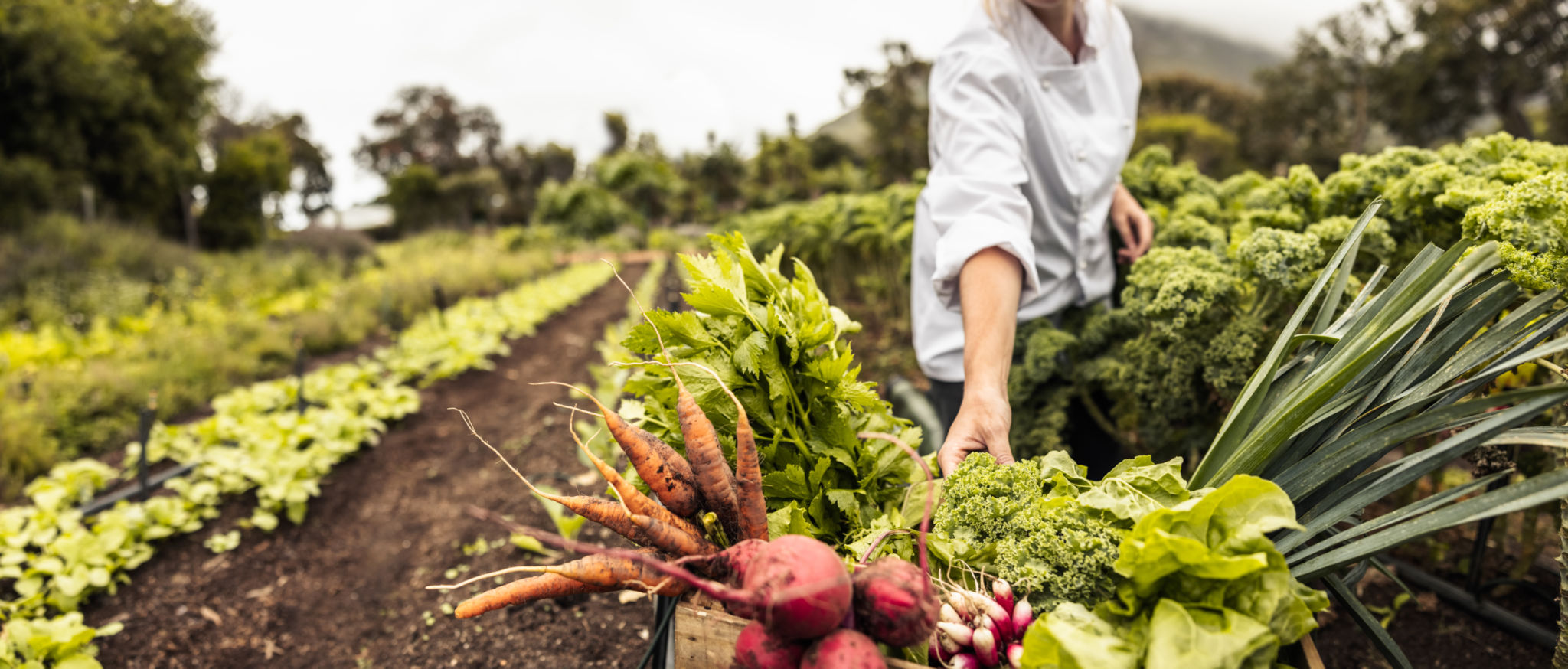Innovative Agronomic Practices Shaping the Future of Ghanaian Agriculture
Introduction to Innovative Agronomic Practices
Ghanaian agriculture is undergoing a transformation fueled by innovative agronomic practices. These advancements are not only enhancing productivity but also ensuring sustainability and resilience against climate change. By leveraging modern techniques and technology, Ghana is paving the way for a more prosperous agricultural sector.

Precision Agriculture: A Game Changer
Precision agriculture is emerging as a powerful tool in Ghanaian farming. By using GPS technology, drones, and data analytics, farmers can optimize their use of resources such as water, fertilizers, and seeds. This not only reduces costs but also minimizes environmental impacts. The implementation of precision agriculture techniques is helping farmers make informed decisions, leading to increased yields and profitability.
Key benefits of precision agriculture include:
- Improved crop management
- Efficient resource utilization
- Enhanced pest and disease control
Adoption of Climate-Smart Agriculture
Climate-smart agriculture (CSA) is critical in addressing the challenges posed by climate change. By integrating CSA practices, Ghanaian farmers are improving their resilience to adverse weather conditions. Techniques like agroforestry, conservation tillage, and crop diversification are being adopted to enhance soil health and increase carbon sequestration.

The benefits of CSA include:
- Increased agricultural productivity
- Reduced greenhouse gas emissions
- Enhanced adaptation to climate change
Embracing Organic Farming
Organic farming is gaining traction in Ghana as consumers become more health-conscious and environmentally aware. This practice involves avoiding synthetic fertilizers and pesticides, focusing instead on natural alternatives. Organic farming not only supports biodiversity but also improves soil quality, making it a sustainable option for the future.
Farmers are finding that organic products often fetch higher prices in the market, providing an economic incentive to switch to organic methods. As demand for organic produce grows, more farmers are likely to embrace this practice, contributing to a healthier ecosystem.

The Role of Agricultural Cooperatives
Agricultural cooperatives play a significant role in promoting innovative agronomic practices in Ghana. By joining forces, smallholder farmers can access resources, training, and markets that would otherwise be out of reach. Cooperatives facilitate knowledge sharing and collective action, empowering farmers to adopt new technologies and methodologies.
Moreover, cooperatives provide a platform for advocating for policies that support sustainable agriculture. The collective strength of these organizations can drive significant change in the agricultural landscape.
Conclusion: A Promising Future for Ghanaian Agriculture
The adoption of innovative agronomic practices is setting the stage for a promising future in Ghanaian agriculture. By embracing precision agriculture, climate-smart techniques, organic farming, and leveraging the power of cooperatives, the agricultural sector in Ghana is poised for growth and sustainability.

As these practices continue to evolve and spread, they offer hope for increased food security, economic prosperity, and environmental preservation. The journey toward modernized agriculture in Ghana is not just about adopting new techniques but also about fostering a mindset of continuous improvement and adaptation.
